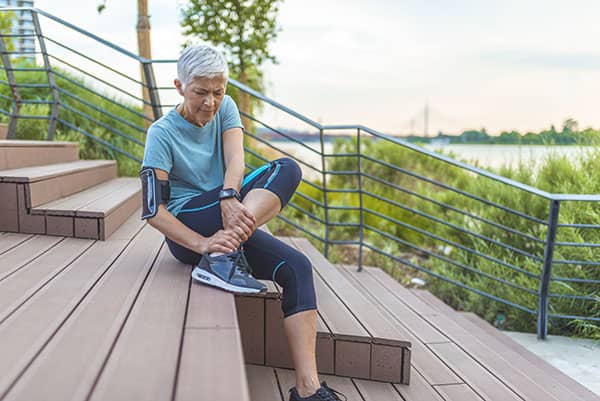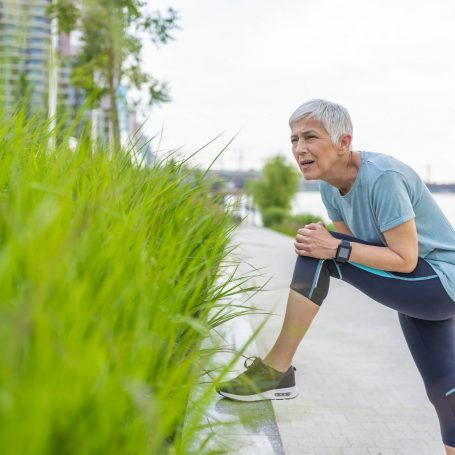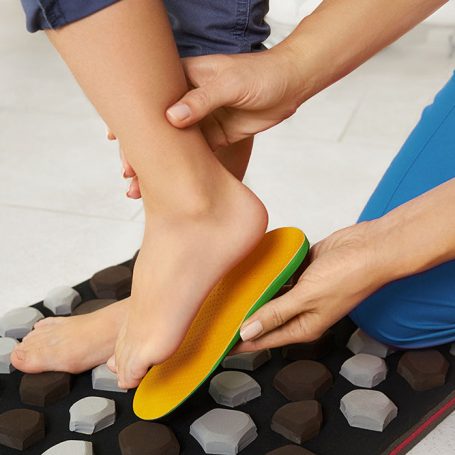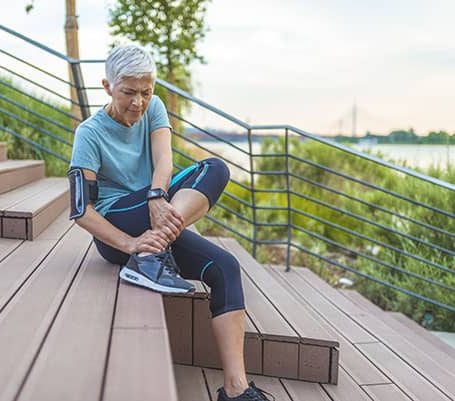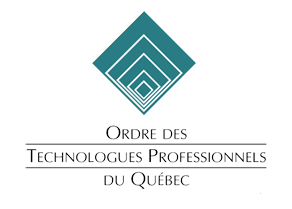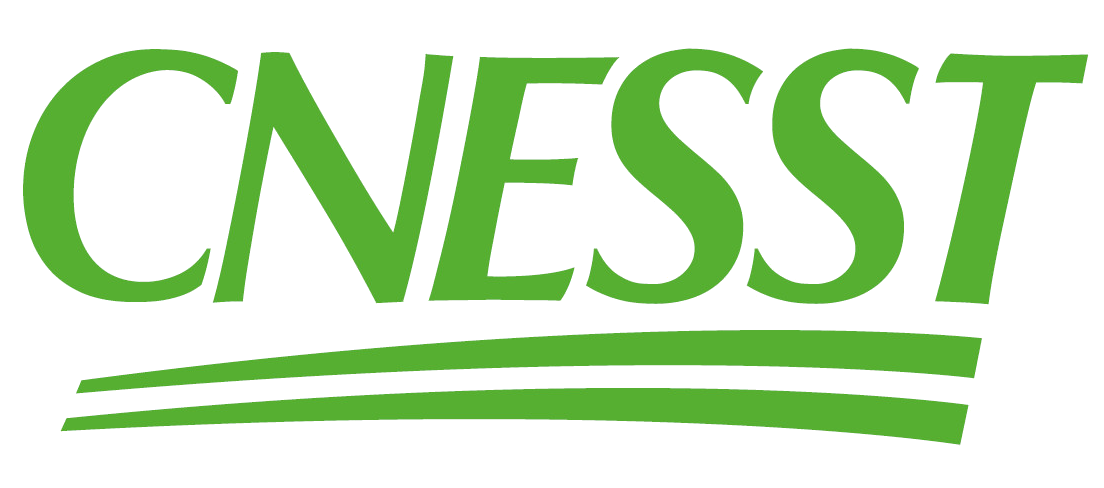How to relieve heavy legs
After a long day of standing or sitting, you may feel that your legs are heavy and tired. If several factors increase the risk of suffering from this problem, there are also simple and accessible ways to prevent it and improve your quality of life. Let’s take a closer look.
What is heavy legs?
The sensation of heavy legs is associated with poor blood circulation in the veins of the lower limbs. This is called venous insufficiency.
This disease manifests itself in particular by: a feeling of heaviness, tingling or numbness in the legs, swelling, mild edema, pain, muscle cramps, varicose veins. The discomforts are usually mild, but they can still be uncomfortable. Moreover, the symptoms of heavy legs are often considered as part of the normal stages of aging or confused with fatigue.
The phenomenon of heavy legs must nevertheless be taken seriously, because in the most serious cases, chronic venous insufficiency can lead to phlebitis or thrombosis (blood clot formation in the veins).
For your health and comfort
CEO Medic’s professionals are familiar with the phenomenon of heavy legs. They will be able to answer your questions and guide you towards solutions adapted to your needs.
Contact usA healthy and active lifestyle
Some people are more prone to suffer from heavy leg syndrome. Risk factors include age, heredity, pregnancy, obesity, heart problems and a sedentary lifestyle. The good news is that many of these factors can be corrected and improved by adopting a healthy and active lifestyle.
Physical activity and sports have been shown to prevent and reduce the risks associated with venous insufficiency. How can you do this? By exercising the muscles of the legs and calves, increasing breathing movements and reactivating the venous system, all of which promote blood circulation.
What activities should be prioritized?
Walking: this is an activity that is accessible to everyone, which allows you to mobilize your muscles and promotes blood circulation in your legs. Did you know that? The simple contact of the heel with the ground activates the venous pump! To benefit from the positive effects of walking, it is recommended that you spend at least 30 minutes a day walking.
Swimming: water exerts a relaxing pressure on the leg muscles, which promotes venous return and helps fight the sensation of heavy legs. Swimming also improves cardiovascular tone. Looking for something new? Try pool exercises or water bike… All these water sports are known for their benefits on blood circulation.
Cycling: while pedaling, you stimulate the contraction of leg muscles, tone the deep veins of the calves and thighs and stimulate the arch of the foot, all of which promote blood circulation and stimulate venous return. This is a great way to take care of yourself while acting for your health!
Gentle gymnastics: yoga and Pilates use movements that increase muscle compression on the veins and improve blood circulation in the legs. These are other examples of activities with multiple benefits!
Avoid: jogging, Zumba, racquet sports (e.g. tennis), weightlifting, combat sports (e.g. boxing), contact sports (e.g. rugby, soccer), track and field, horseback riding and rebound sports (e.g. basketball).
Compression stockings to obtain lighter legs
Compression stockings are a must in the treatment of venous insufficiency, both in prevention and when the disease is diagnosed. They relieve pain and improve blood circulation by exerting a graduated compression from the ankles to the top of the leg. This prevents swelling, leg fatigue and the development of varicose veins.
They can also be worn during and after physical activity. They facilitate venous return and reduce muscle fatigue.
Ask for advice
There are different models of stockings, as well as different levels of compression. Do not hesitate to ask your orthotist for advice. He or she will be able to guide you according to your needs and in compliance with your doctor’s prescription (required for medical compression stockings of 20-30 mmHg and more).
Make an appointmentOther tips
To relieve the feeling of heavy legs, it is also recommended to :
- Drink water regularly;
- Vary the positions (standing/sitting) and move around;
- Wiggle your toes to activate blood circulation;
- Place your legs on a cushion so that they are slightly elevated;
- Avoid wearing tight clothing;
- Avoid wearing high heels;
- Take lukewarm showers or baths;
- Eat a healthy, balanced diet.

